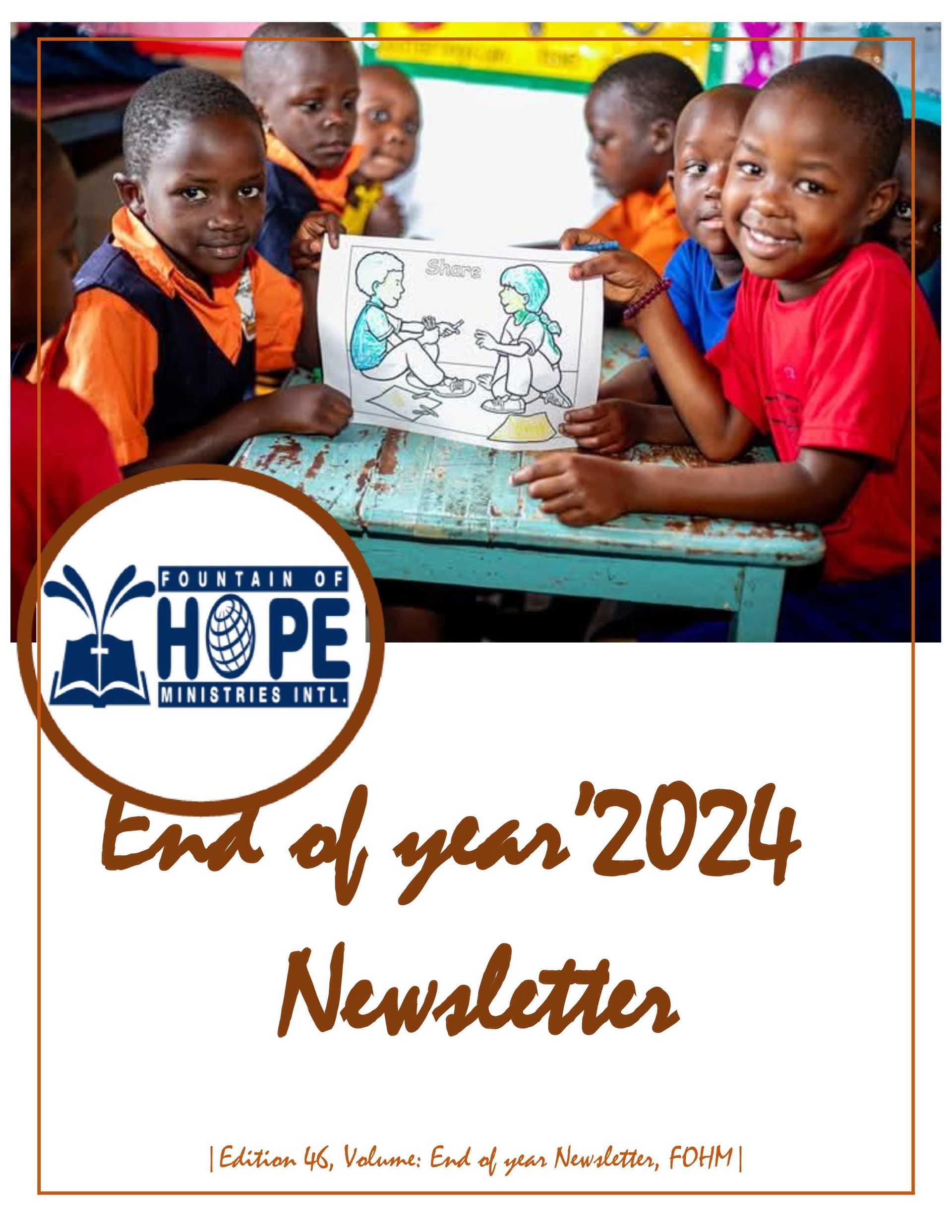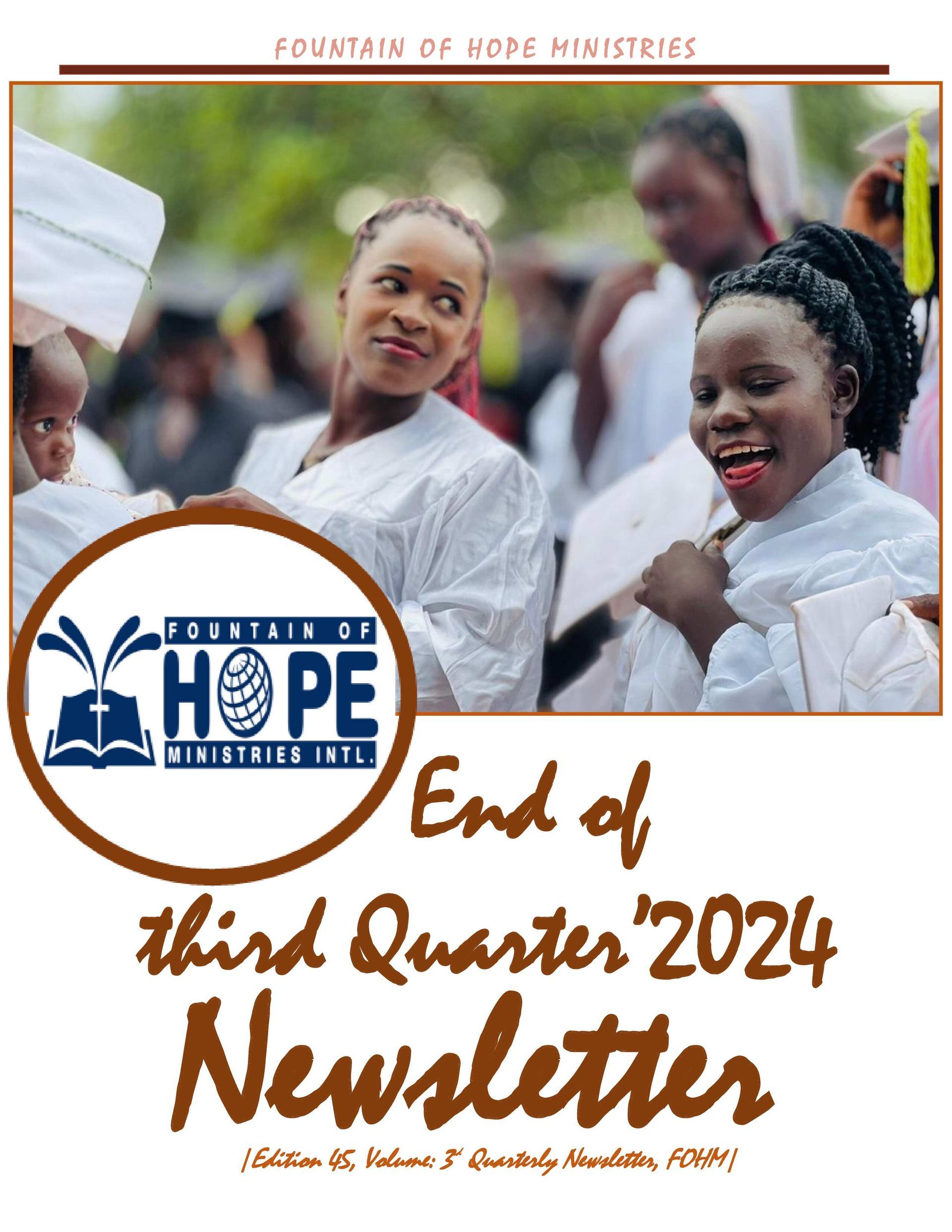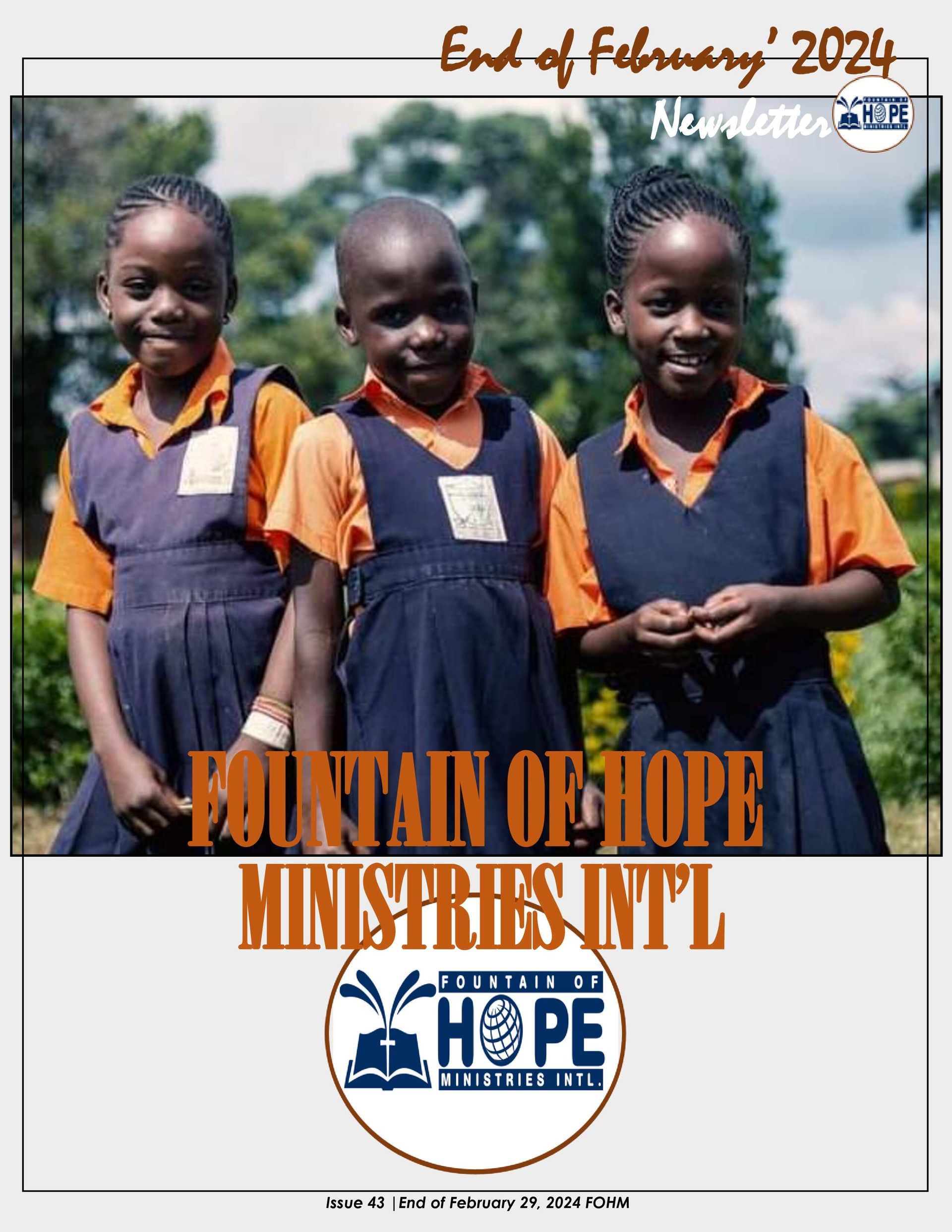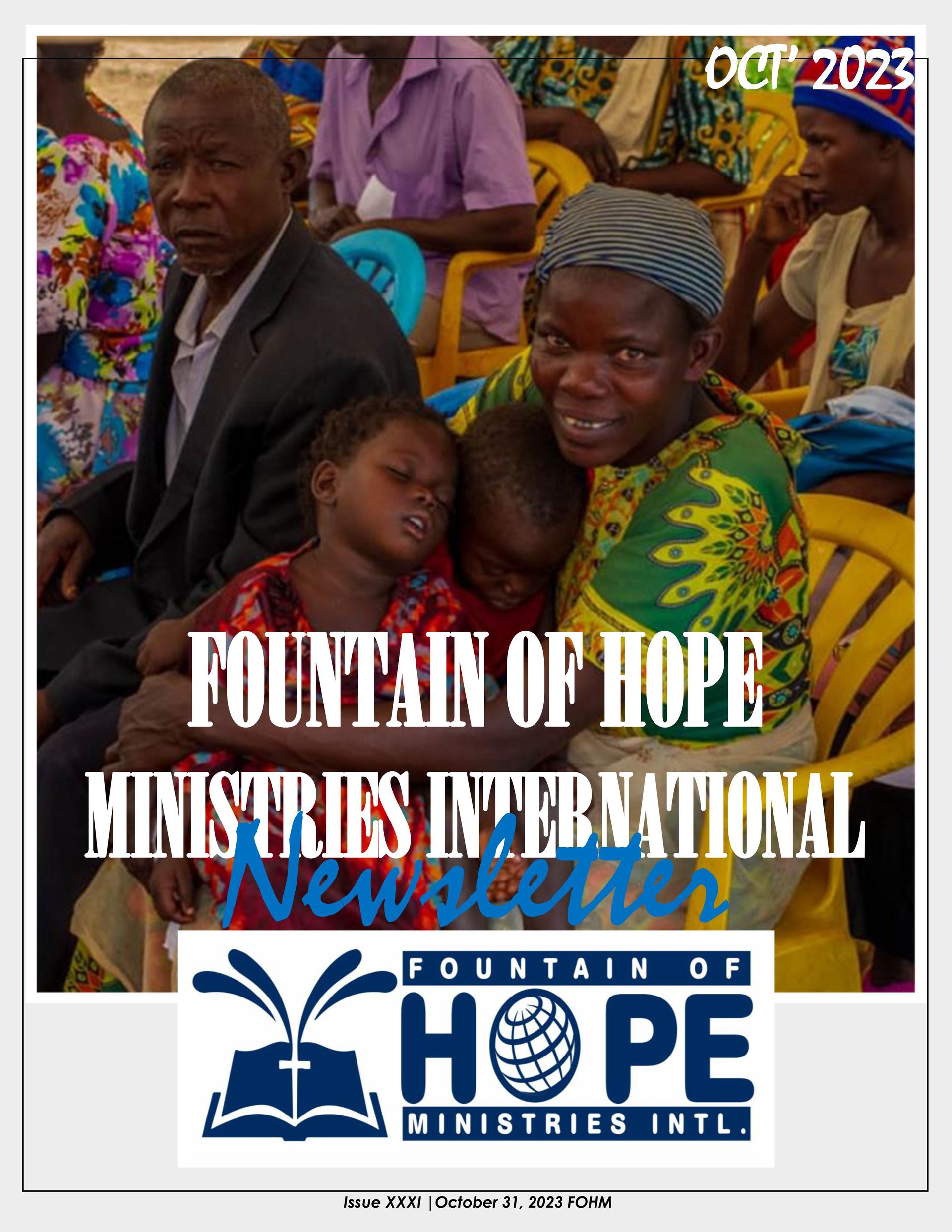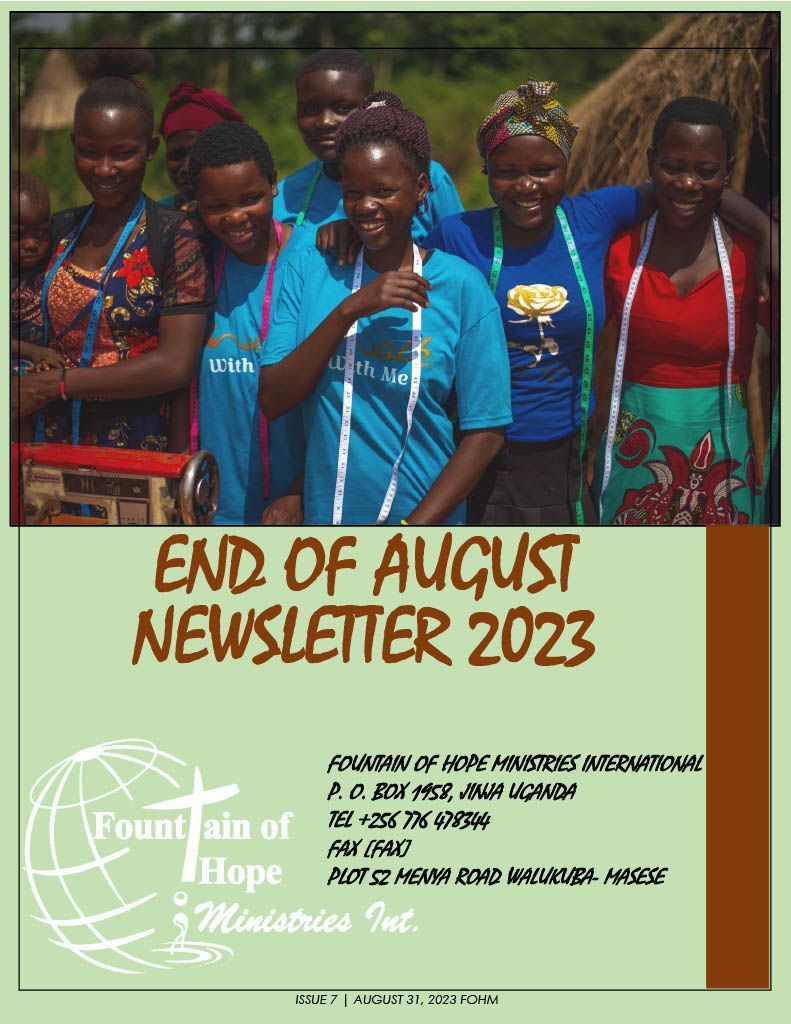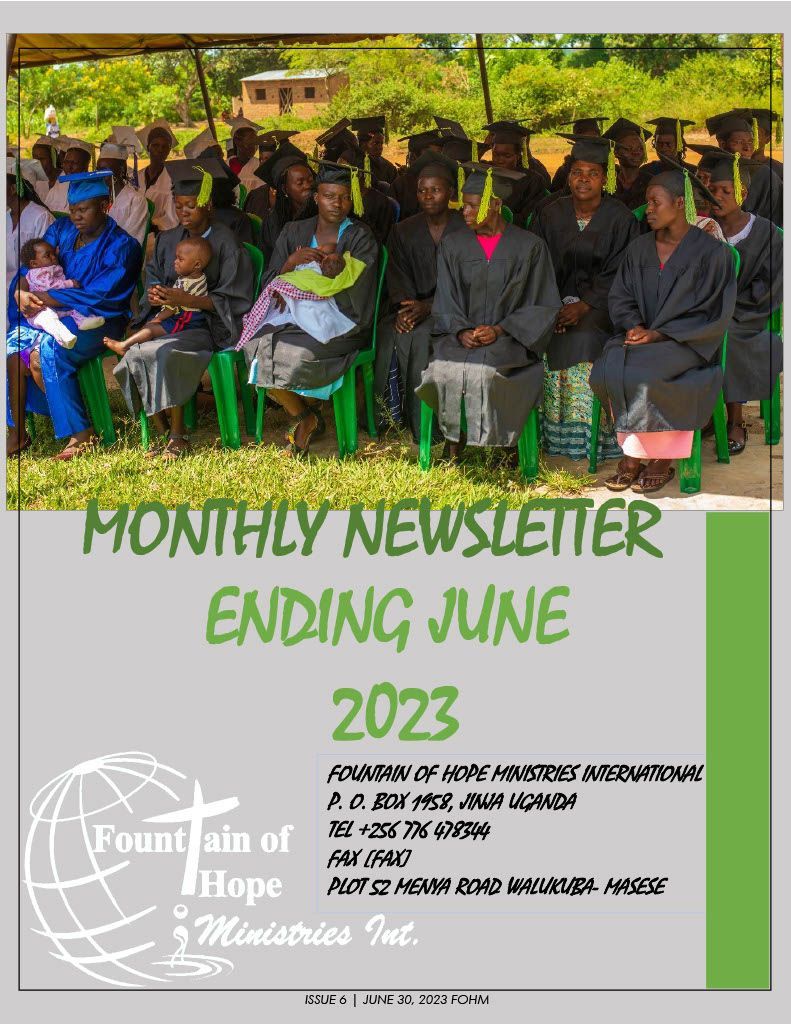Doing Our Part to Support Education in Uganda
Government Education in Uganda
In Uganda education is deemed a right. With ongoing help and assistance from the Global Partnership for Education and aid from the World Bank, the Uganda government is continuously working to promote education. Unfortunately, despite the support, the education system struggles tremendously. Low secondary school enrollment, not enough schools, and management inconsistencies make the education system futile.
Additional issues have come to light from an influx of over a million refugees arriving in the country, half of whom are children. Space has now become a critical factor facing the future of education. The nation has launched efforts to help children, especially young girls, stay in school but the flawed system makes these initiatives difficult to obtain. GGI has made it their mission to help Uganda through selfless volunteers and generous donors. By building private schools, providing supplies to the landlocked nation, and other essential resources, GGI is effectively helping to strengthen Uganda’s education system. The following facts are significant to understand the continuing need to develop education throughout the struggling nation.

Education is Important for an Opportunity for a Better Life
A better education system will lower poverty. Eliminating deprivation will not happen overnight, but every bit helps. Statistics show that ninety-two percent of Uganda’s poor population lives in rural areas while 89 percent of the land is categorized as rural. Therefore, poverty is extremely widespread and severe. For that reason, it is no surprise that that national adult literacy rate is close to 70 percent while that of the young is nearly 90 percent. At GGI our hope is to improve these numbers and not have them continue to soar. The disparity in the country contributes to poverty, and the broken education system offers almost no opportunity for young people to have a chance of pursuing careers.
Due to the shortage of school facilities, the attendance rate drops from 90 percent in primary school to below 25 percent in secondary schools. GGI continues to make strides in education by building schools and providing the necessary supplies needed to effectively educate the nation’s children. Despite highly valuing education, internal issues within the nation have slowed improvement or growth. More funding is needed and is a key driver in fueling the education system. Uganda relies on aid from organizations like GGI to help. Funds from our donors help build schools, provide supplies, and ensure teachers get paid. In many cases delayed or low pay for teachers means teachers leave for higher paying jobs or take on second jobs.
How is Grace Giving International Helping In Uganda?
Understandably, the steps required to develop a better education system may seem staggering, but with your help, our goal gets closer every day. Our initiatives to refine education, curriculum, and teaching standards include basic needs such as reliable electricity to each school. Our concerted efforts and passion combined with our hope and refusal to let education in Uganda crumble, drives our service. We welcome you to join us. Whether as a volunteer, donor, or both, we count on people like you to help and give in any way possible.


